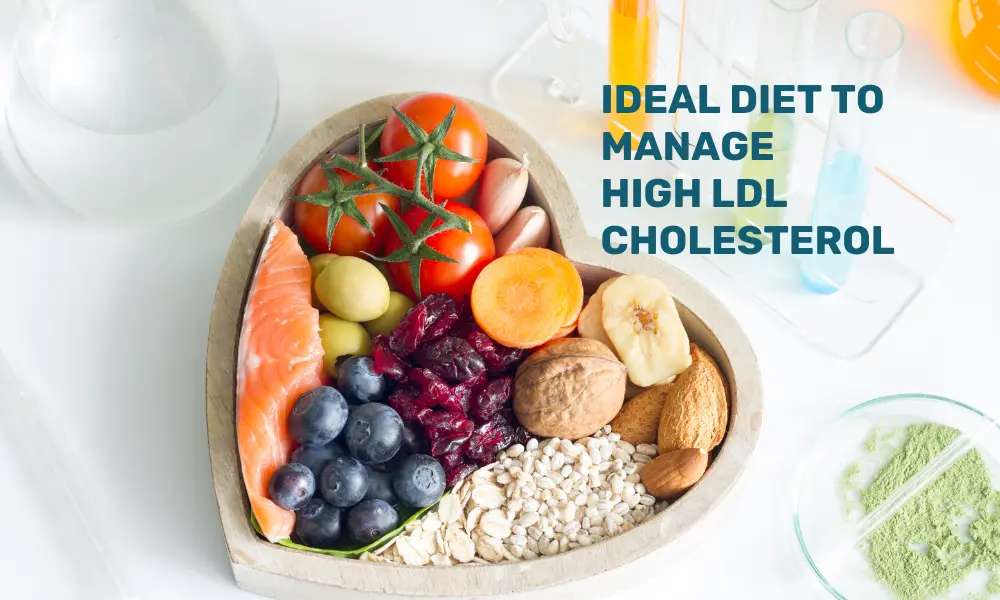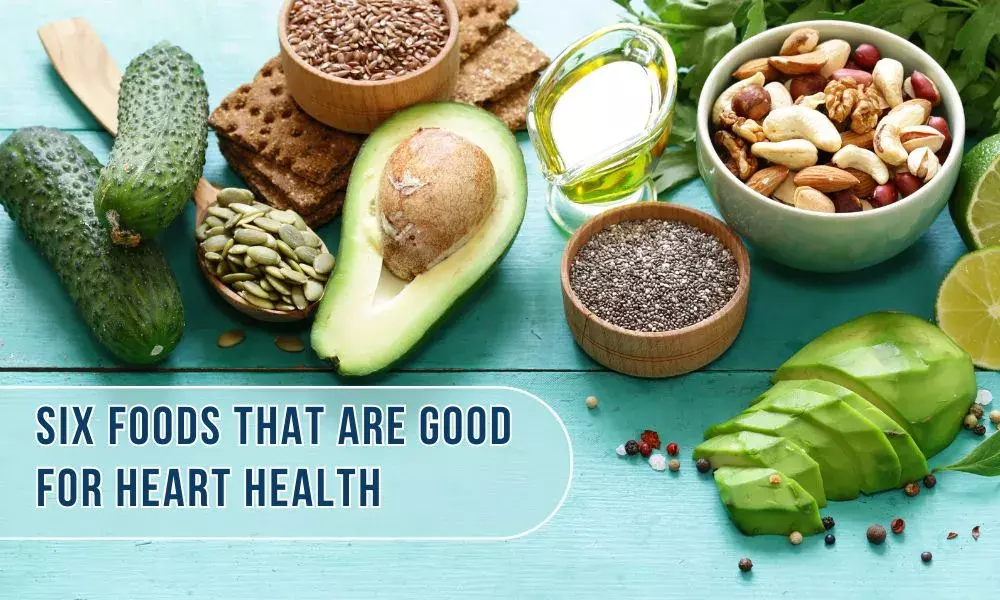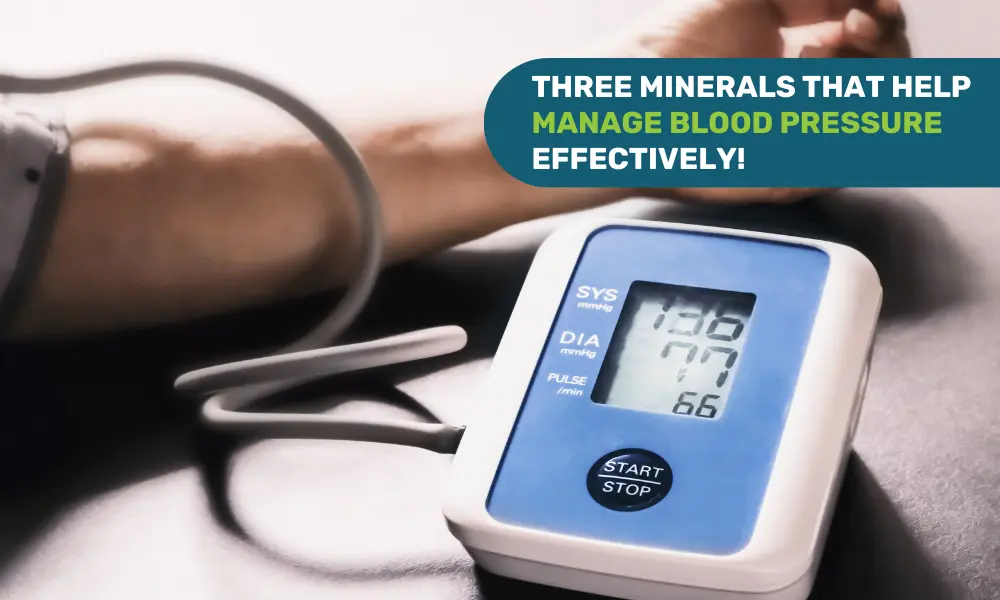Management of high LDL cholesterol levels is important for heart health and cardiovascular disease prevention. LDL, commonly known as “bad cholesterol,” sticks to the artery walls and causes plaque formation, thus having the potential to increase the risk of contracting heart disease or stroke, among other diseases. A balanced diet is significant in managing and lowering LDL cholesterol.
Our in-house expert, Dt. Aparna Pandey, MSC-Nutrition and Dietetics, shares an outline of a good diet for dealing with high LDL cholesterol:
1. Improve Fiber Intake
Intake of dietary fiber, especially soluble fiber, is effective in lowering LDL cholesterol. Soluble fiber directly binds to cholesterol, which is then flushed out of the body. Some of the fiber-rich foods include:
-
Oat and barley: Both are excellent sources of beta-glucan, one of the types of soluble fiber
-
Fruits: Apples, citrus fruits, pears, and berries are full of soluble fiber.
-
Legumes: Beans, lentils, and peas are high in fiber and proteins.
-
Vegetables: Certain vegetables, especially carrots, sweet potatoes, and Brussels sprouts, are also good sources.
2. Include Healthy Fats
Not all fats are bad. Replacing saturated fats with healthy fats greatly impacts lowering LDL cholesterol. Healthy fats include the following:
-
Monounsaturated fats: Generally, monounsaturated fats are found in olive oil, avocado, and nuts (e.g., almonds, walnuts).
-
Polyunsaturated fats: The healthy fatty acids, omega-3s, help reduce the levels of LDL. These can be found in generous amounts in fatty fish, like mackerel, salmon, and sardines, as well as in some plant-based sources like flaxseeds, chia seeds, and walnuts.
-
Avoid trans fats present in processed and fried foods, which raise LDL cholesterol.
3. Limit Saturated Fats
Saturated fats are mainly present in animal foods like red meat, butter, cheese, and whole milk dairy. These increase LDL cholesterol levels. Select lean cuts of meat, and use low-fat or fat-free dairy products. Plant-based alternatives like almond milk and soy milk can be a good replacement for dairy.
4. Select Plant-Based Proteins
Plant-based proteins are much healthier compared with animal proteins, especially in managing cholesterol. These naturally contain little saturated fat and can reduce LDL cholesterol.
-
Tofu and tempeh: High in plant-based protein and low in fat.
-
Legumes: Among beans, lentils, chickpeas, and peas, these are a good source of protein without the harmful effects on cholesterol due to animal proteins.
-
Quinoa: This is a complete plant-based protein that contains some fiber.
5. Increase Antioxidant-Rich Foods
Antioxidants, particularly flavonoids, may help safeguard blood vessels against cholesterol’s damaging effects. Start to include a wide range of colorful fruits and vegetables, including:
-
Berries, such as blueberries, strawberries, and raspberries, are good sources of antioxidants.
-
Leafy greens, like spinach, kale, and Swiss chard, are rich in vitamins and minerals that support the health of your heart.
-
Tomatoes and bell peppers provide vitamin C and a good amount of antioxidants.
6. Reduce Sugar and Refined Carbs
Excessive sugar and refined carbohydrates cause weight gain and high LDL cholesterol. Limit foods high in refined sugars like those in sugary drinks, candies, and processed chips. Replace these with whole grains like brown rice, quinoa, and whole-wheat bread to keep the cholesterol level balanced.
7. Consume Green Tea
Green tea harbors catechins, which have been proven to lower LDL cholesterol. Consuming two to three cups of green tea a day can help manage cholesterol levels.
Conclusion:
High LDL cholesterol can be managed through a diet with an intake of heart-healthy foods like fiber-rich fruits, vegetables, whole grains, healthy fats, and plant-based proteins. Eat fewer saturated and trans fats and refined sugars, and consume antioxidant-rich beverages such as green tea to further lower LDL cholesterol levels. As you incorporate these dietary changes, you’ll truly be moving closer to cardiovascular health and, in turn, ward off potential heart disease. Click Here to Consult a Nutritionist.





